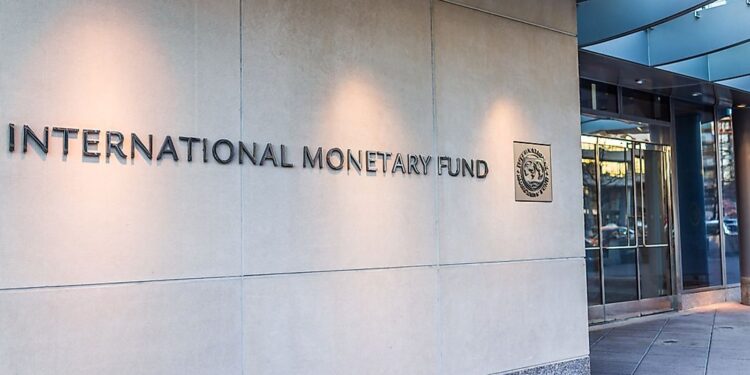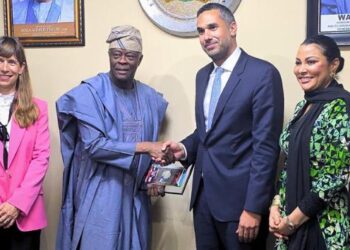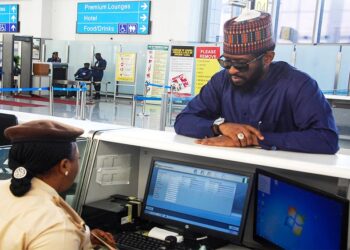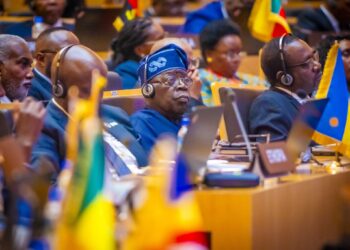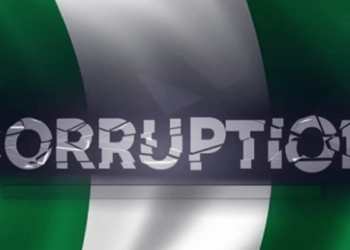Nigeria increased its call for debt relief among African nations, especially within the G-24 group at the ongoing World Bank/IMF summit in Morocco.
Mr Wale Edun and fellow finance ministers called for increased concessional lending, with a particular focus on supporting investments in global public goods and sustainable development initiatives, including affordable access to water and energy resources.
The Minister of Finance and Coordinating Minister for the Economy, Mr. Wale Edun emphasized the need for an “efficient debt resolution framework” during his speech at the Africa Group 1 Constituency Meeting.
In his words, “Our member statement urges an efficient debt resolution framework to support post-pandemic recovery.’
- “We indeed welcome Zambia’s debt restructuring agreement and call for swift resolution mechanisms for Ethiopia and Malawi.”
Edun further advocated for the
- “elimination of export restrictions on fertilizer and grains, avoidance of protectionist policies, and the leveraging of normalized supply chains and shipping costs to revitalize global trade.”
The G-24, or the Intergovernmental Group of Twenty-Four on International Monetary Affairs and Development, plays a key role in coordinating the positions of developing countries regarding monetary and developmental matters within the Bretton Woods Institutions (BWI).
The debt situation in African countries
Abebe Selassie, the Director of the African Department, emphasized that approximately 50% of total debts in Sub-Saharan countries are domestic.
He conveyed the challenge of debt forgiveness during the African Session of the ongoing IMF/World Bank Annual Meetings held in Marrakech, Morocco.
The IMF disclosed that it had provided $80 billion in loans to Sub-Saharan African economies since 2020 for emergency funding and Special Drawing Rights (SDR) allocations.
Meanwhile, the G-24 issued a set of demands during the IMF and World Bank meetings, citing the burden of unsustainable debt and the difficulty in repaying borrowed funds among its members.
Acknowledging the G-20 Common Framework, a debt relief initiative by G-20 countries, the G-24 pointed out that some of the world’s poorest and most vulnerable nations were not benefiting from this debt relief program.
Backstory
Many African countries have been struggling with debt and risk default. The World Bank in its latest report “Africa Pulse” stated that around 21 countries on the continent stand the risk of debt default.
Last year, Ghana defaulted on its debt obligations and other countries such as Egypt, Ethiopia, and Kenya have struggled with debt since the pandemic.
According to Nigeria’s Debt Management Office (DMO), the nation’s public debt currently stands at N87 trillion of which foreign debt was N33.24 trillion.

